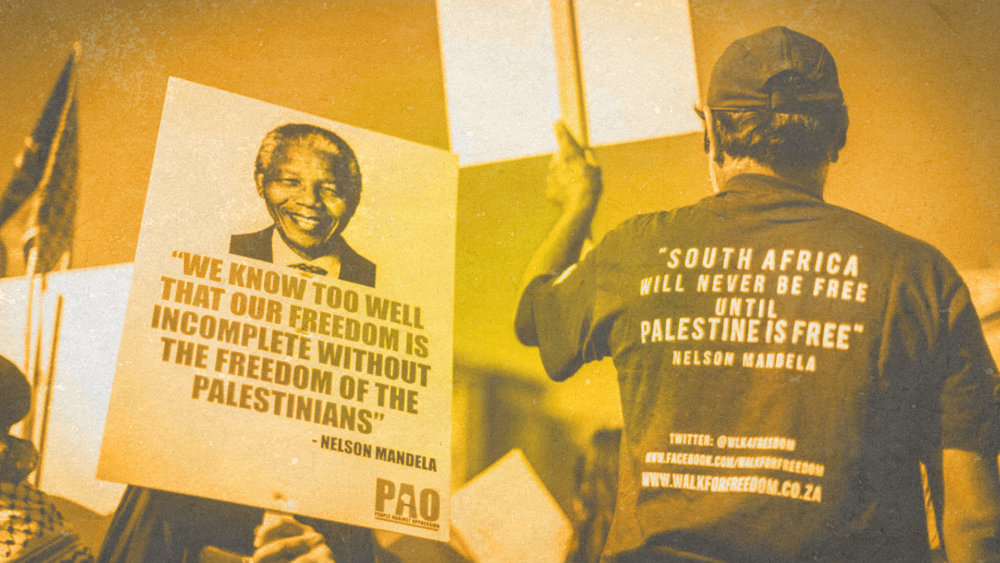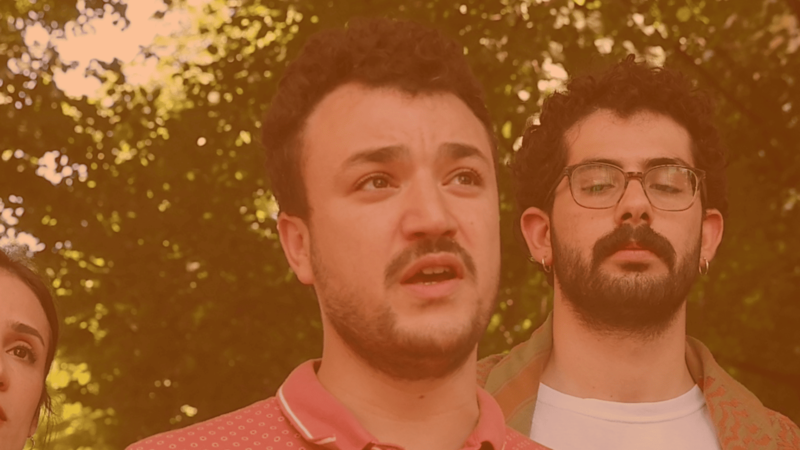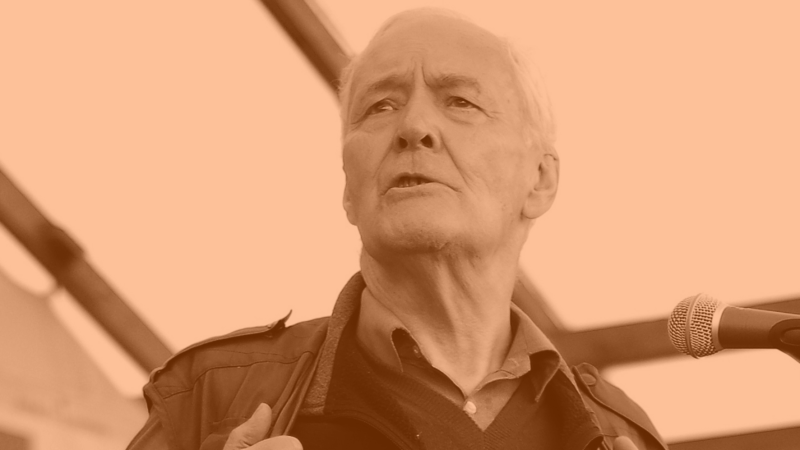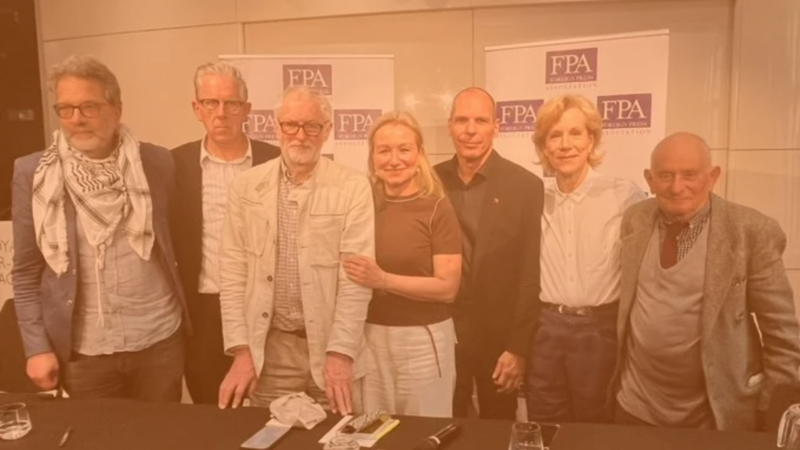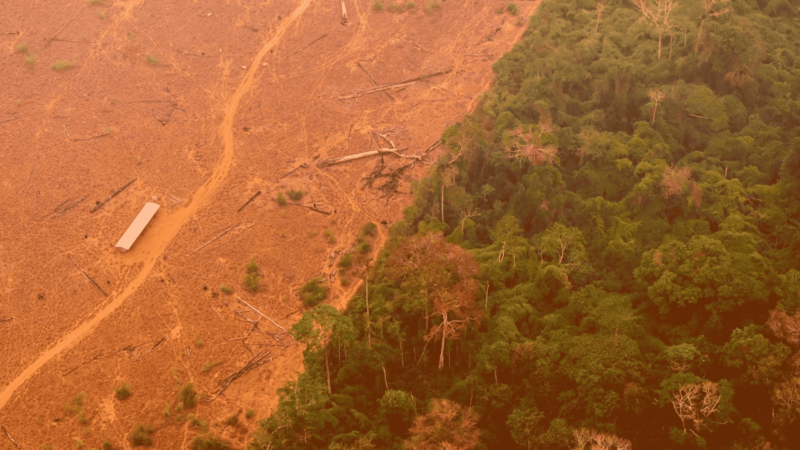As a child growing up in Zimbabwe, one of the most memorable books I read was called ‘Crossing the Boundary Fence, by Patricia Charter’. The summary reads: “In 1978, Musa, a black farmer’s daughter, and Diana, the daughter of a white farmer, meet at the boundary fence dividing their families’ lands. In war-torn Rhodesia, their friendship spans the fence, leading the two brave girls towards each other’s worlds and into the new Zimbabwe.”
The book was written in 1988, the year after my birth, about a world that existed a mere seven years before my birth. I often think about what it would have been like to be born in Rhodesia, in the year that my mother was born for example, in 1961, when White Europeans, the Rhodesians, controlled all aspects of the lives of natives, my people. What would my life have been? How limited my rights, my opportunities, my world?
Over the past three months, and certainly more since South Africa introduced the charge of genocide against Israel before the International Court of Justice, I have been thinking back to the history of my own country and the importance of names and labels. To combat my restlessness, and the continued feeling of helplessness, I decided to go to the Netherlands and listen to Israel’s response to South Africa’s charge of genocide in person, surrounded by others who also understood the importance of this case. Brought to the Hague by South Africa, a people whose own story is intricately tied with apartheid, on behalf of Palestinians, the people whose story is, and has been a mirror of that world, this court case could change the world. I have great empathy for both countries, and my own history is a part of that. While no one thinks of Rhodesia as an apartheid state, due to a clever sleight of hand by the Rhodesians, which did not label the “separateness” and white supremacy of the dual, apartheid system that was in place, it did function as such.
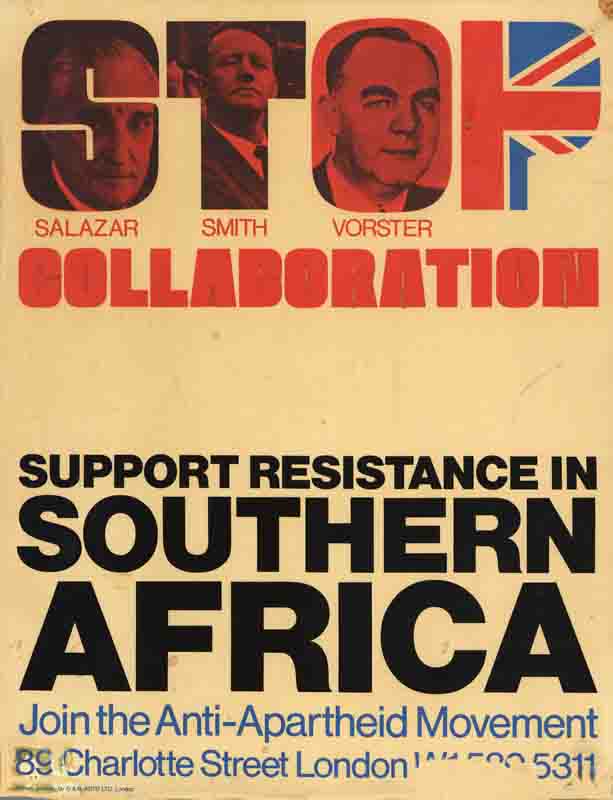
Appearances are an important part of creating and maintaining legitimacy, but just as instituting an apartheid regime in Rhodesia without calling it an apartheid state did not make it any less an apartheid state, decrying the label of genocide while committing the acts which indicate a genocide, is a disingenuous move on Israel’s part. The label may go on the box, but it is the contents of the box that determine the label. “A rose by any other name would smell as sweet,” as William Shakespeare wrote.
The Israeli defence, a lacklustre offering at best, did not deny the contents of the genocide box but took great exception to the label. Their rebuttal ostensibly rested on admissions of doing the actions of which they are accused, followed by justifications of collective punishment, starvation, and murder. “I know it looks bad, but here is why it’s actually good,” they seemed to say. We were also treated to the usual volley of words which we have come to know, most popular of which was of course HAMAS, said a fantastic 137 times. While a poor showing in legal terms, this is a tactic that may well work in their favour given the rampant Islamophobia and warmongering that has characterised the institutional response to the conflict in Palestine.
Standing outside the ICJ, listening to Israel’s defence, I had no illusions about what “human rights” mean. I know that they do not apply uniformly, and as laid out in the case by South Africa on Thursday 11 January, Israel has more than shown an intention, and willingness to commit genocide. If Slobodan Milosevic, Vladimir Putin, or Saddam Hussein had said even a 1000th of the things we have heard from Israel, if Libyan forces had filmed themselves bombing buildings, rifling through people’s drawers, writing people’s names on bombs, they would have been introduced to democracy post haste. Yet in this case, we are told to ignore the evidence of our eyes and ears, and to believe that the entire Knesset is a comedy club, where words are said for fun, without any influence on policy, even as the bombs fall, the people are starved, and the body count rises.
What an exciting time to be alive! The dead babies and rapes by Hamas which have not been corroborated, and have long since been denied in fact, even by Israel, still continue to form the basis for the massacres, yet the massacres, the shots at unarmed civilians, bombing safe routes and hospitals, the babies left to rot in incubators, are figments of our collective imagination.
I am not a big believer in Western institutions. I don’t believe they work for anyone from the Global South, or anyone deemed “an enemy”, but I do see this moment in time as a test for the West and all the integrity of the myth of Western civilisation with which we have been fed over the past century. A refusal to condemn the genocide will leave us a world in which it is finally seen that the international system is illegitimate and biased. The flip flopping over what constitutes a genocide and Western silence over Palestine is portrayed in stark relief with the reactions to the Russian invasion of Ukraine when the US declared support for the ICC to investigate war crimes committed by the Russians. The hypocrisy of Western institutions is apparent, but this is not the first time, it’s merely the first time that the whole world has had the opportunity to see it unfold in real time. The lack of respect for it’s own institutions should trouble us all.
Between Israel’s most recent statement that it will not stop the genocide, even if the Hague mandates it, and the US’s Hague Invasion Act, it is evident that the global police, much like the police in real life, only accost those who are marginalised and unable to fight back. However, this strategy might not bear the expected fruit; on a grand scale, a refusal to condemn genocide will leave us all unsafe, in a world in new strong men and women can act against minority populations unchecked, and colonisers can grab land and dispossess natives without outcry.
A question has been posed and it must be answered. If indeed we are all human, even those who have been labelled, “human animals”, then human rights must apply to all of us. The West now has to decide whether it wants to continue with the trends of dehumanisation, colonisation, and genocide which have defined the past few centuries, or whether it is ready to embrace a world of true equality, in which actions have consequences, no matter the colour of the perpetrator’s skin, their religion, or their powerful friends.
The West has long painted itself as the birthplace of all that is good and golden in the world, despite all the colonisation, imperialism, and new forms of the same. Across the Global South, we have frequently had reasons to look at this portrait askance. Now, with this case, and the accusations of genocide, another portrait of the West is being drawn, and much like Dorian Gray whose beauty hid a great ugliness, the West seems to be struggling both with looking at itself, and seeing how the rest of the world sees it.
Do you want to be informed of DiEM25's actions? Sign up here





